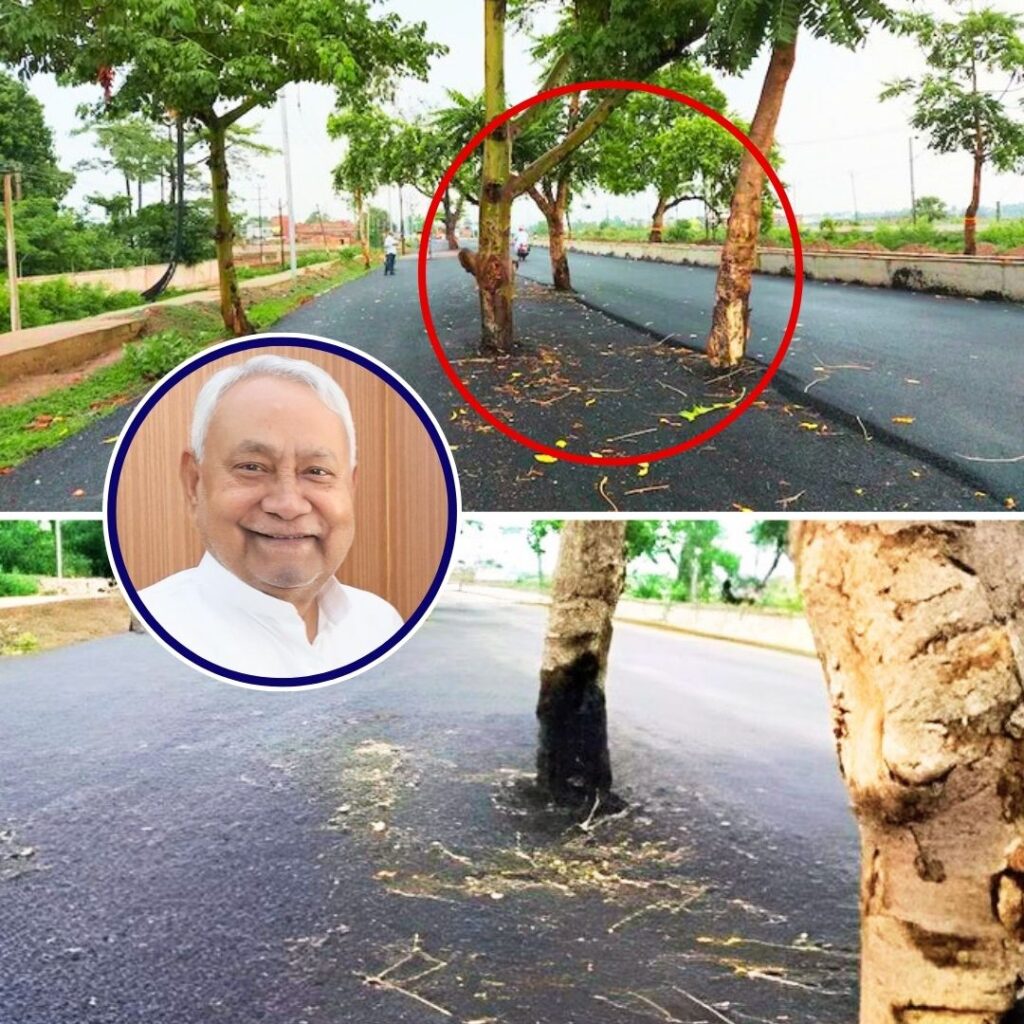On May 7, the Supreme Court revoked the law by the Uttar Pradesh government which allowed former chief ministers to permanently reside in government bungalows. As per ANI, SC while quashing the UP government’s law, said that section 4(3) of UP Ministers (salaries, allowances and miscellaneous provisions) Act, 2016 is unconstitutional.
While striking down the UP govt ‘s law granting permanent residential accommodation to former CMs, Supreme Court said, Section 4(3) of UP Ministers (salaries, allowances & miscellaneous provisions) Act, 2016 is unconstitutional.
— ANI (@ANI) May 7, 2018
The SC called this legislation “arbitrary, discriminatory and unsupported by the Constitution.”
This move by the apex court comes after an NGO named “Lok Prahari” had moved the top court challenging the validity of the Ex-Chief Ministers Residence Allotment Rules, 1997. The NGO argued that as per SC’s ruling, allotment of government bungalows to former CMs was bad in law. It further said that these rules circumvent the SC order.
As per the August 2016 ruling of the apex court, it had ruled that former CMs were not entitled to have any government accommodation. However, in Uttar Pradesh, the then Samajwadi Party government brought in a bill in the same month which permitted former chief ministers to permanently occupy government bungalows.
At the time, those affected by the SC order were Union home minister and BJP leader Rajnath Singh, Rajasthan governor Kalyan Singh, Samajwadi Party chief Mulayam Singh Yadav, BSP supremo Mayawati and Congress leaders N D Tiwari and Ram Naresh Yadav.
On April 3, 2017, too, the SC had held that government quarters and bungalows offered to former chief ministers of the state was unconstitutional and further directed the concerned persons to vacate the bungalows and hand it over to the government. The court also asked the state government to recover appropriate rent from occupants of the said bungalows.
In Monday’s ruling, the bench of SC justices Ranjan Gogoi and R Banumathi which was passing judgement on a PIL by NGO Lok Prahari observed that “such laws create a separate class. Once a public servant demits office there should be nothing to distinguish them from a common man”.
The bench further said, “We had set out few questions for determination. Whether retention of official accommodation by such former public servants after they demit office is violative of the Constitution.”
It added, “We have extensively relied on the preamble of the Constitution which embodies the principle of equality and recognizes only a single class of citizens. In a democratic republic government, public servants must act in a manner that ultimate authority is vested in its citizen.”
In January, the Supreme Court said it would hear law officers of the central government before considering the plea of amicus curiae Gopal Subramaniam who asked for the rule banning chief ministers to occupy government bungalows once they demit office to be extended to former Prime Ministers and Presidents too. In his plea, Subramaniam said, “While the present matter relates to an attempt by the State of Uttar Pradesh to overcome the judgment in Lok Prahari v. State of UP which quashed the allotment of Government bungalows to former Chief Ministers. The matter raises a substantial question of law: Whether the equality clause contained in Article 14 of the Constitution of India enables public houses to be retained by persons even after they demit office?”
The Logical Indian take
The Logical Indian wholeheartedly supports the apex court’s judgement. It is discriminatory that a person is given preferential treatment over other. It is imperative for proper functioning of a democracy to view every citizen as equal. While rendering minimal post-retirement benefits like pension is understandable, however, alloting government bungalow permanently is not required.











